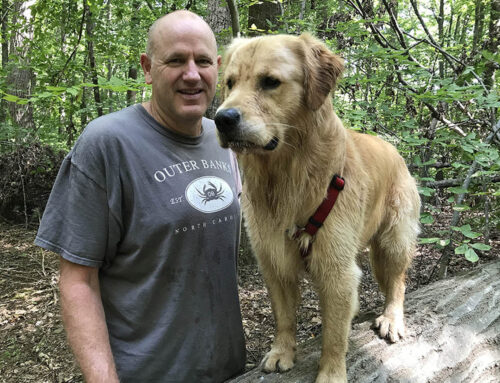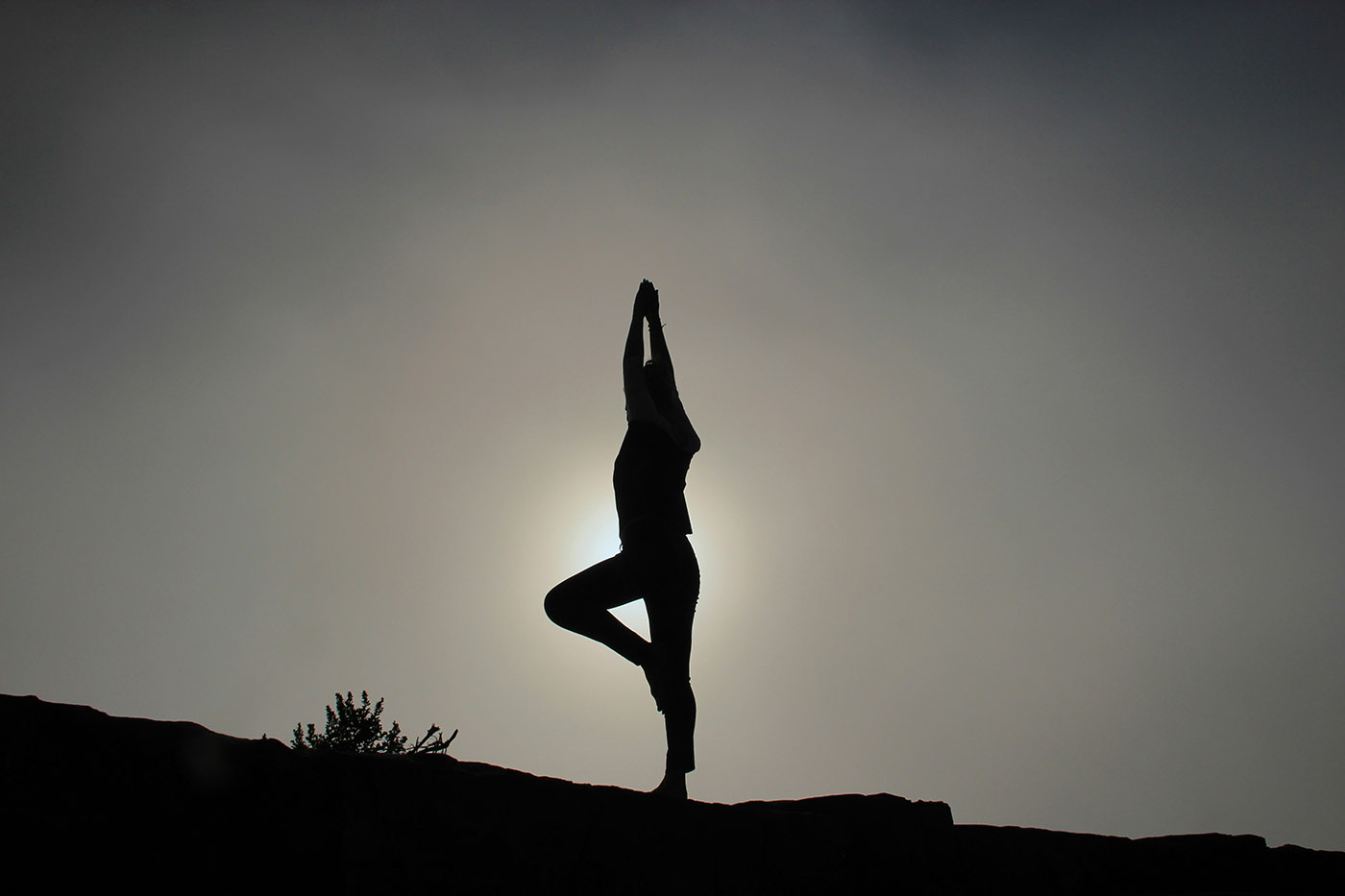
In the campy 1980 comedy, Caddyshack, disheveled groundskeeper Carl Spackler (played by a brilliant[...]
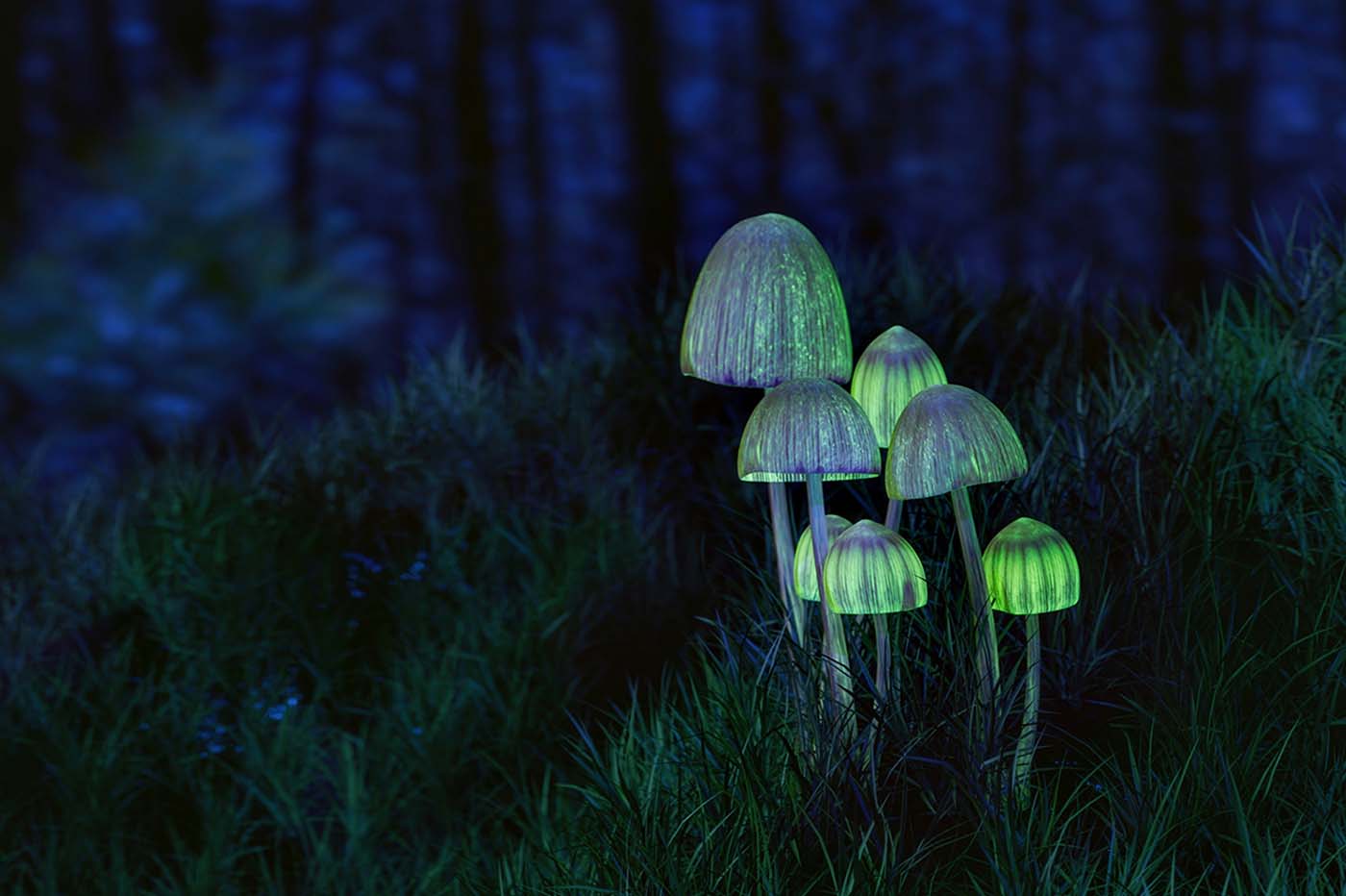
It's not often that a scientist becomes a subject for his own research; even[...]
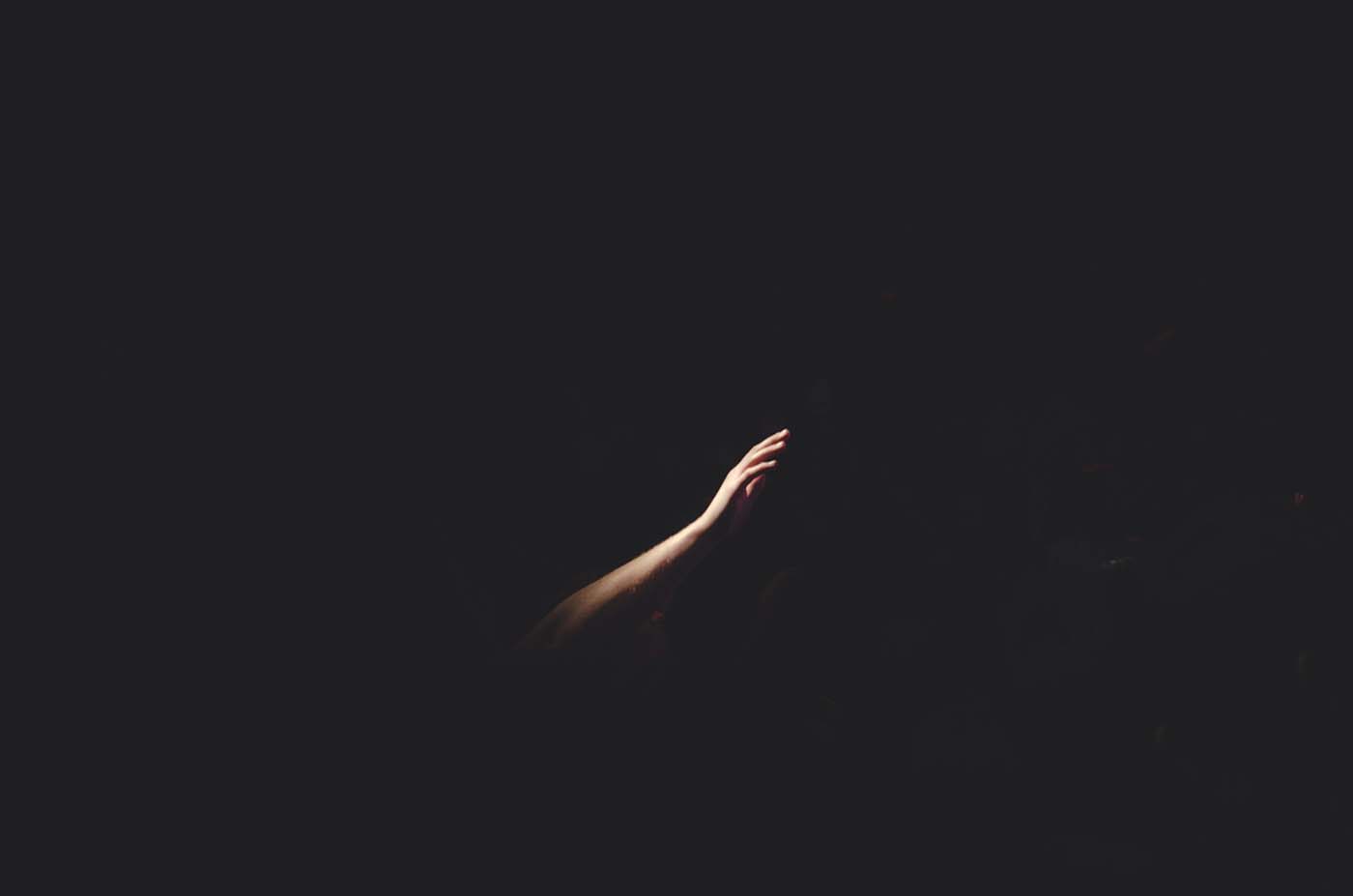
Sensory deprivation via natural or manmade caves has now become, if not routine, certainly[...]
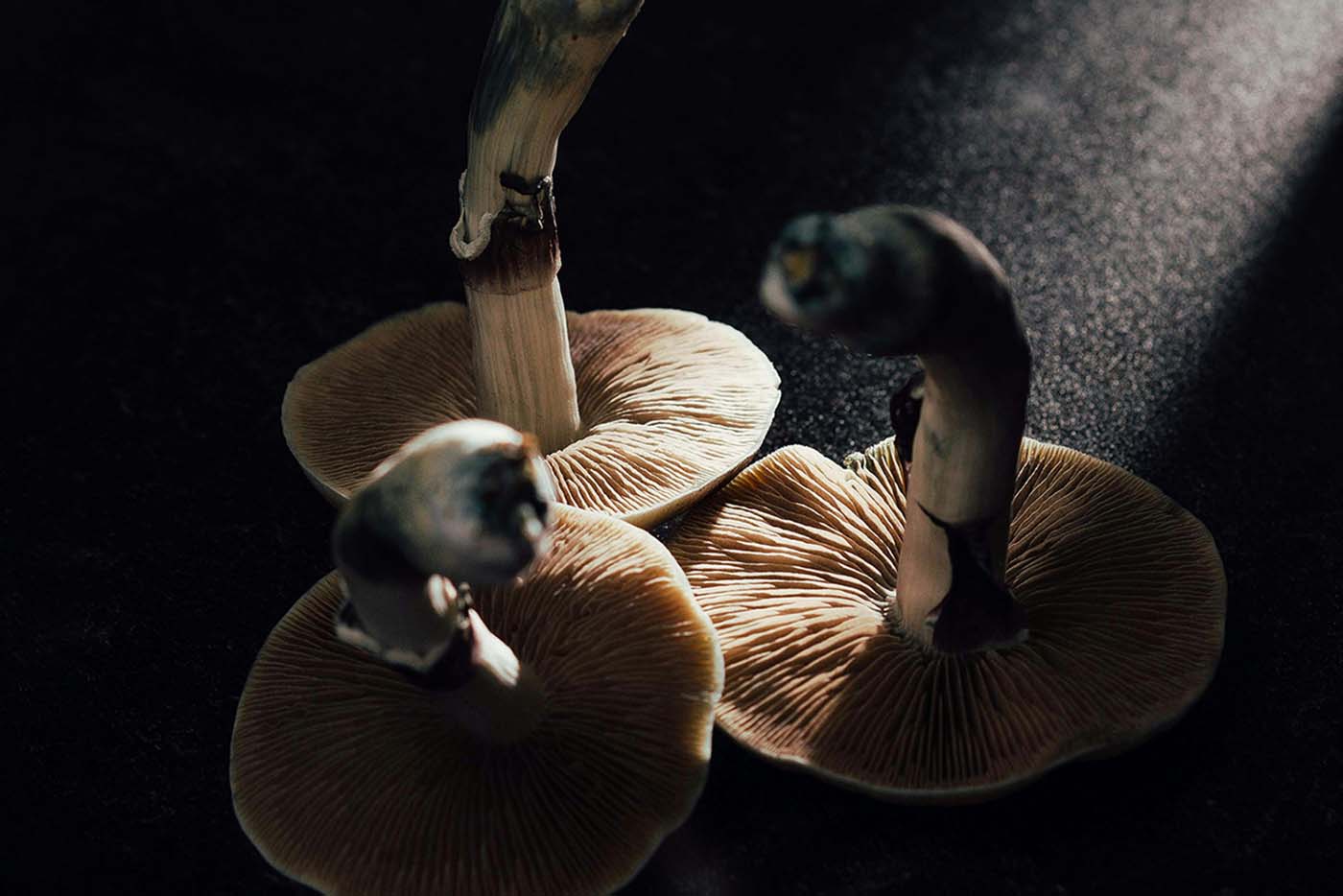
Using fMRI technology, scientists for the first time have revealed significant - albeit temporary[...]

Knock Knock
What if we saw our suffering the way the mystics do – as an inner opening to something transcendent, as a whispered urging from God?
The Sufi mystic, Jalāl al-Dīn Rumi, told his followers, “What hurts you, blesses you. Darkness is your candle.”
The Indian sage, Ramana Maharshi, reminded us that the purpose of suffering “is to bring you back to the Self.” (In Advaita Vedanta, the Self is synonymous with God, the One, or Source, which is our natural state.)
When you see suffering as the call for inquiry, it ceases to bind you. – Sri Nisargadatta Maharaj
And in the Tao Te Ching, it’s written: “Misfortune is what fortune depends upon. Fortune is what misfortune hides in.”
In other words, from the perspective of the world’s great spiritual teachers, while suffering is not something we’re expected to enjoy, it also shouldn’t be seen as a punishment or a curse.
We’re urged to see suffering as an inner prodding, a call to turn within and awaken to what we truly are. It is only when we know suffering, said the Buddha, that we find the path to end it.
Years ago at the height of my despair, a friend / healer told me my suffering was God’s way of calling to me. “It’s a gift,” he said, “but only if you accept it as such.” Or as John of the Cross saw it, “It is not that we go to God, but that God comes to us and draws us into union.”
The initiative in the spiritual life always comes from the divine side. – Aldous Huxley
So rather than making war on our cancer, suing the driver who rear-ended us, or drugging ourselves to silence those inner demons, what if we instead asked our suffering what it wants from us? What if we saw it as a gift from the divine within us?
To choose otherwise risks still more of those inner urgings, only the next time they may come less with a whisper and more with a foot against the door.




